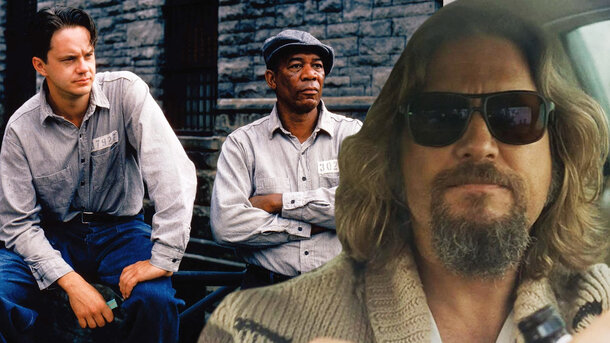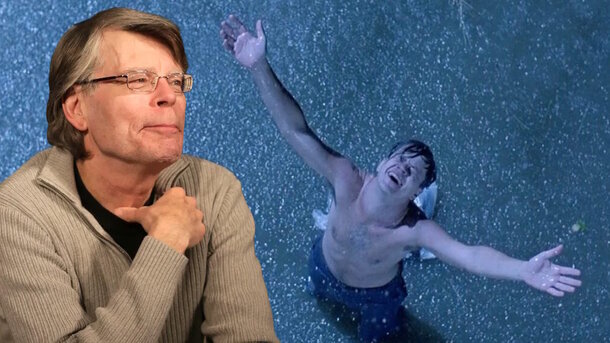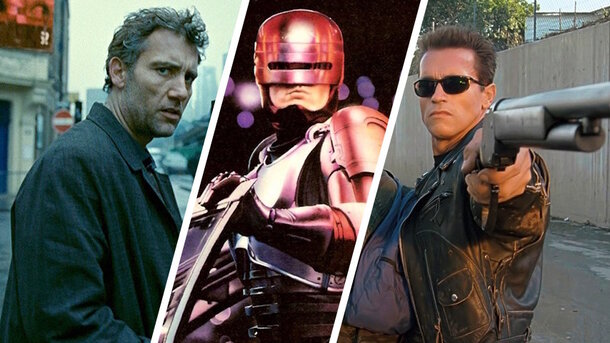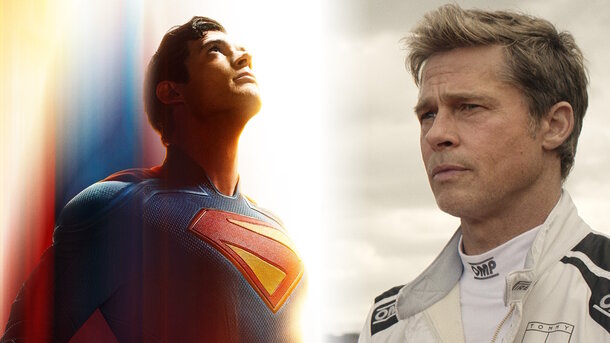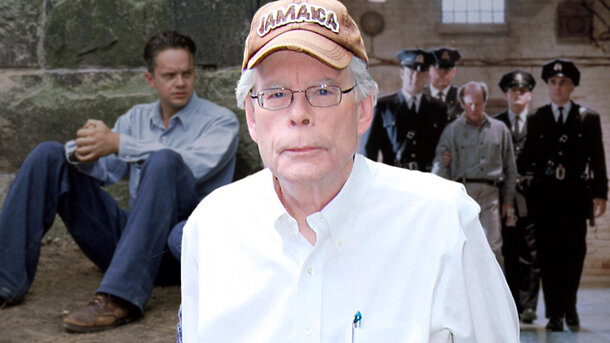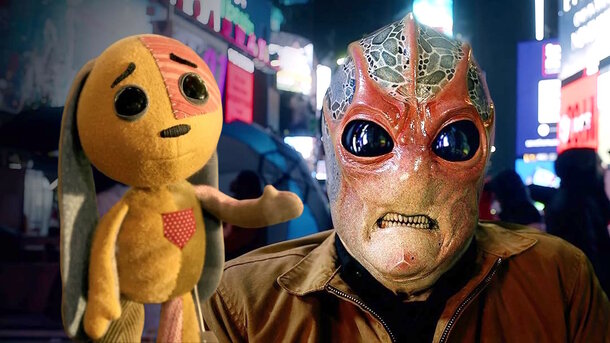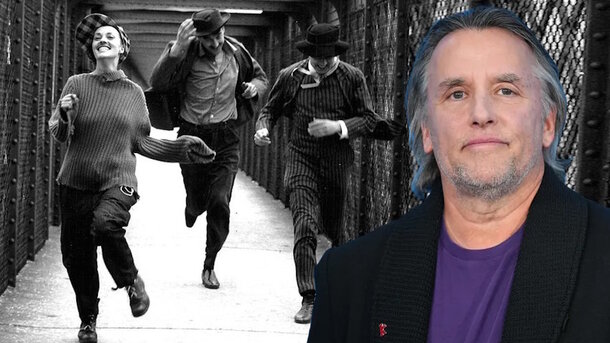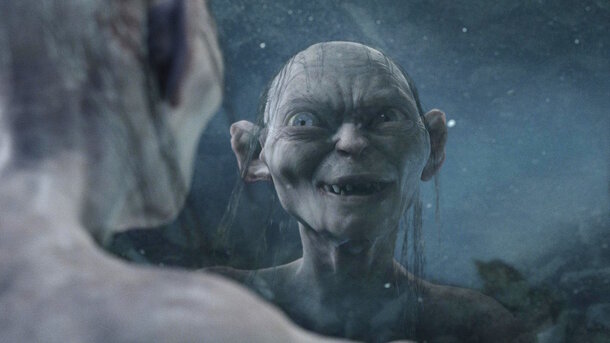Sometimes, movies ahead of their time face rejection upon release, only to earn their rightful place in cinematic history years later. Cult classics are born out of bold storytelling, unorthodox themes, or marketing missteps that kept them from immediate success. Here are some remarkable examples of films that transformed from box office disappointments into beloved cult phenomena.
'Donnie Darko' (2001)
Richard Kelly’s indie sci-fi fantasy follows a troubled teen, Donnie, who encounters a mysterious figure named Frank warning of the world’s impending doom. While critics praised its originality and tone, the film floundered commercially due to limited promotion, exacerbated by the 9/11 tragedy. However, its DVD release a year later turned the tide, cementing Donnie Darko as a must-watch for fans of surreal and thought-provoking cinema.
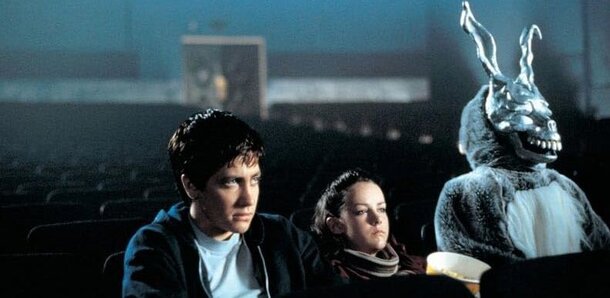
'Blade Runner' (1982)
Though not a financial flop, Ridley Scott’s Blade Runner underperformed against lofty expectations, competing with the likes of Spielberg’s E.T. Critic reviews were mixed, with some questioning its narrative while admiring its visual brilliance. Over time, multiple cuts of the film were released, and its influence on sci-fi filmmaking grew exponentially. Today, it’s heralded as one of the greatest science fiction films of all time.
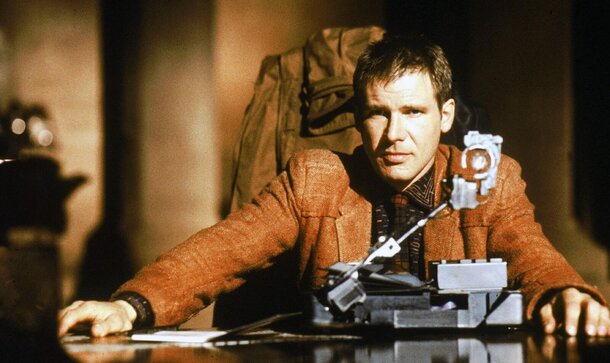
'The Big Lebowski' (1998)
The Coen Brothers’ quirky stoner comedy about mistaken identity and a botched kidnapping plot bewildered critics and audiences alike upon release. Its unconventional humor and absurd storyline didn’t resonate at the box office. Yet, The Big Lebowski gradually gained a dedicated fan base, becoming a staple among cinephiles for its eccentric characters and offbeat charm.
'Fight Club' (1999)
David Fincher’s exploration of masculinity, violence, and societal rebellion faced intense backlash for its graphic content and polarizing themes. Studio executives struggled to market it, and critics were divided. But as a new generation discovered Fight Club on home media, appreciation for its daring storytelling and stylistic innovation grew, solidifying its place as one of the most iconic films of the 1990s.
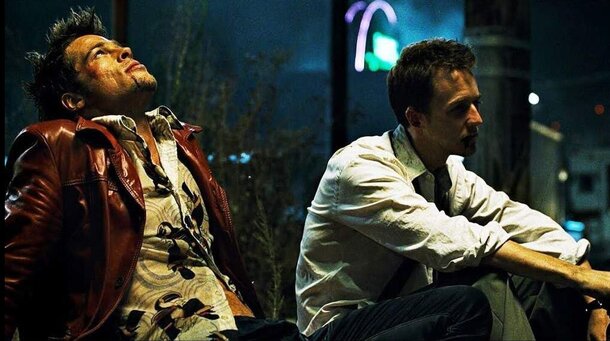
'Dazed and Confused' (1993)
Richard Linklater’s coming-of-age tale about high schoolers partying on their last day of school didn’t make waves commercially, earning just $8 million in the U.S. However, its relatable characters and nostalgic depiction of teenage life found a devoted audience over the years. Matthew McConaughey’s line "Alright, alright, alright!" has since become legendary, and the film is now celebrated as one of the best teen dramas ever made.

'The Shawshank Redemption' (1994)
Despite critical acclaim, Frank Darabont’s adaptation of Stephen King’s novella struggled at the box office, overshadowed by films like Pulp Fiction. Limited promotion and its somber tone hindered its initial success. However, repeated TV airings and strong DVD sales transformed The Shawshank Redemption into a universally beloved masterpiece, currently holding the top spot on IMDb’s highest-rated films list.
'Fear and Loathing in Las Vegas' (1998)
Terry Gilliam’s dark satire about a journalist and lawyer’s psychedelic road trip baffled audiences and divided critics, some calling it a chaotic mess. The film’s polarizing reception and poor box office performance belied its potential. Over time, screenings and home media releases gave it a second life, and it is now celebrated for its unbridled creativity and unique voice.
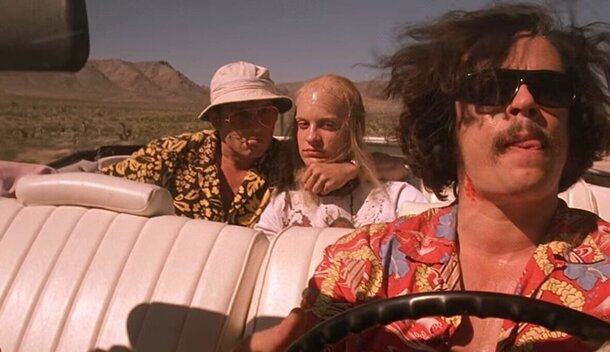
'Office Space' (1999)
Mike Judge’s comedy about disgruntled corporate workers failed to resonate with audiences at first, grossing just $12.8 million against a $10 million budget. However, its DVD sales soared, especially among corporate employees, who found its satirical take on office culture both relatable and hilarious. Today, Office Space is considered one of the greatest workplace comedies ever made.
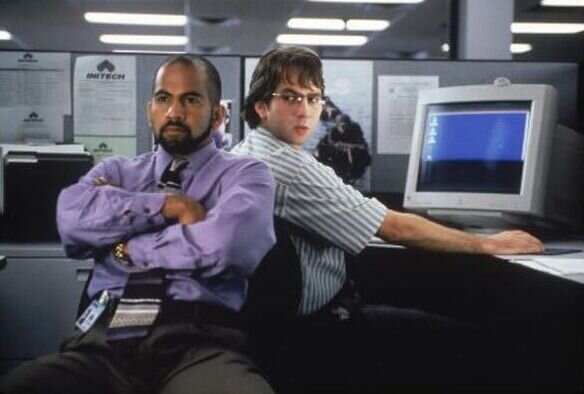
These films prove that initial reception doesn’t define a movie’s legacy. Whether misunderstood, poorly marketed, or ahead of their time, these titles eventually earned their place in the pantheon of cult classics, reminding us that true art often takes years to be fully appreciated.
